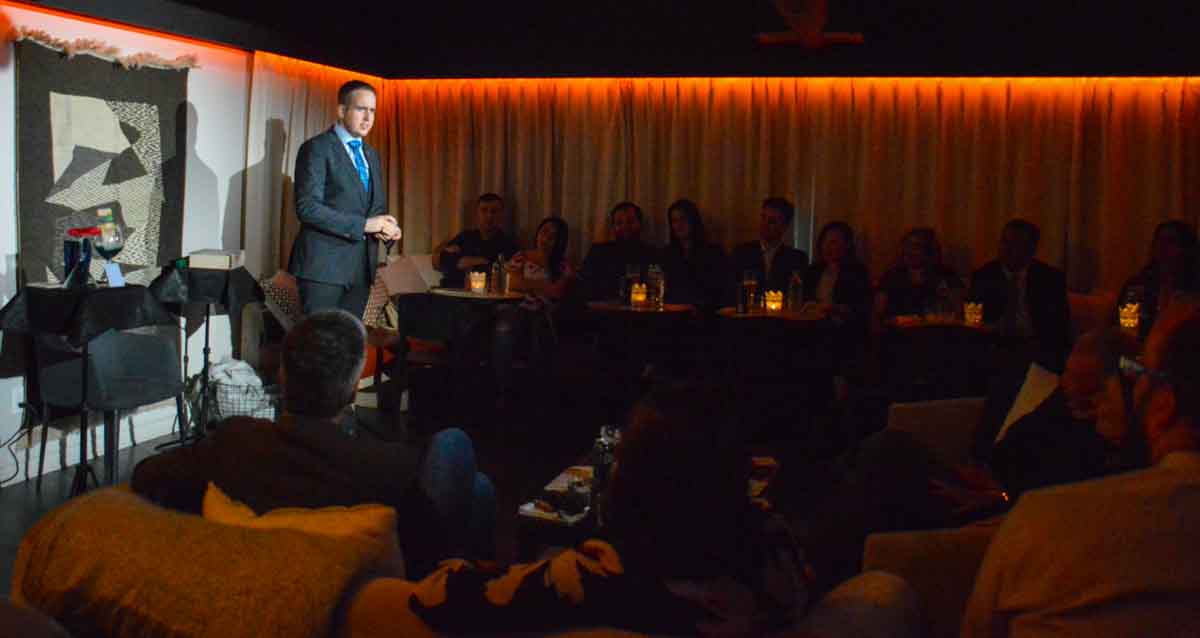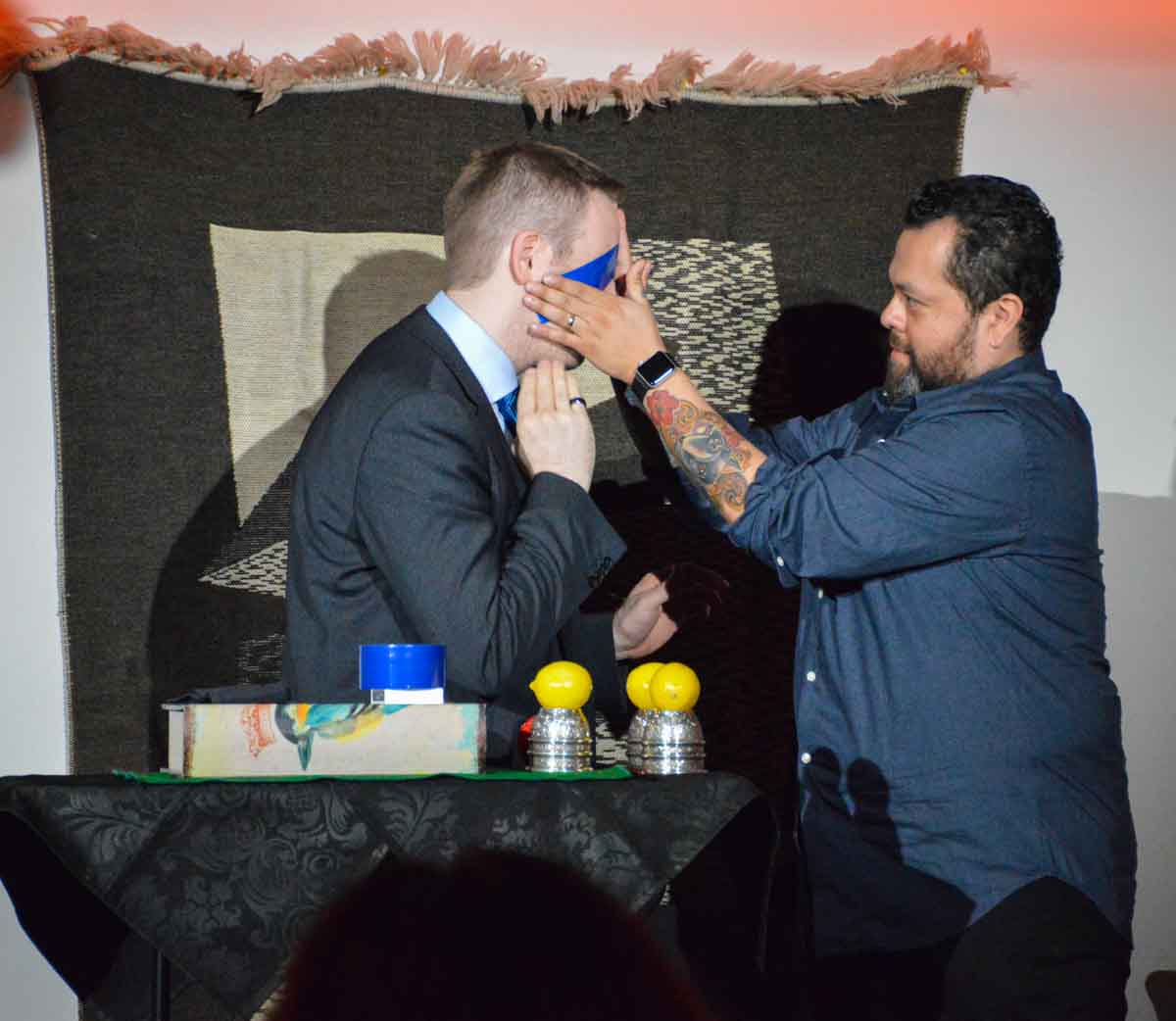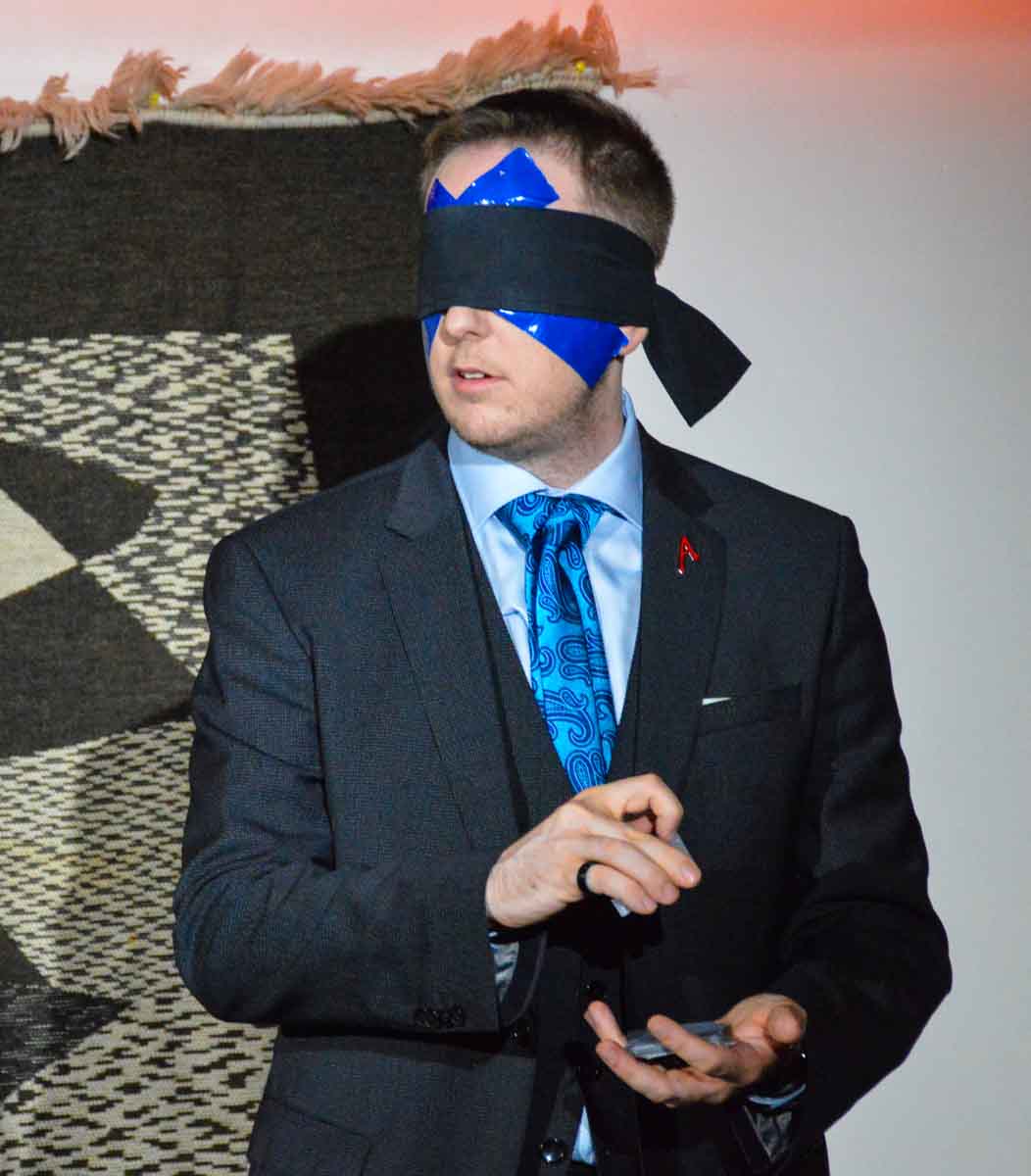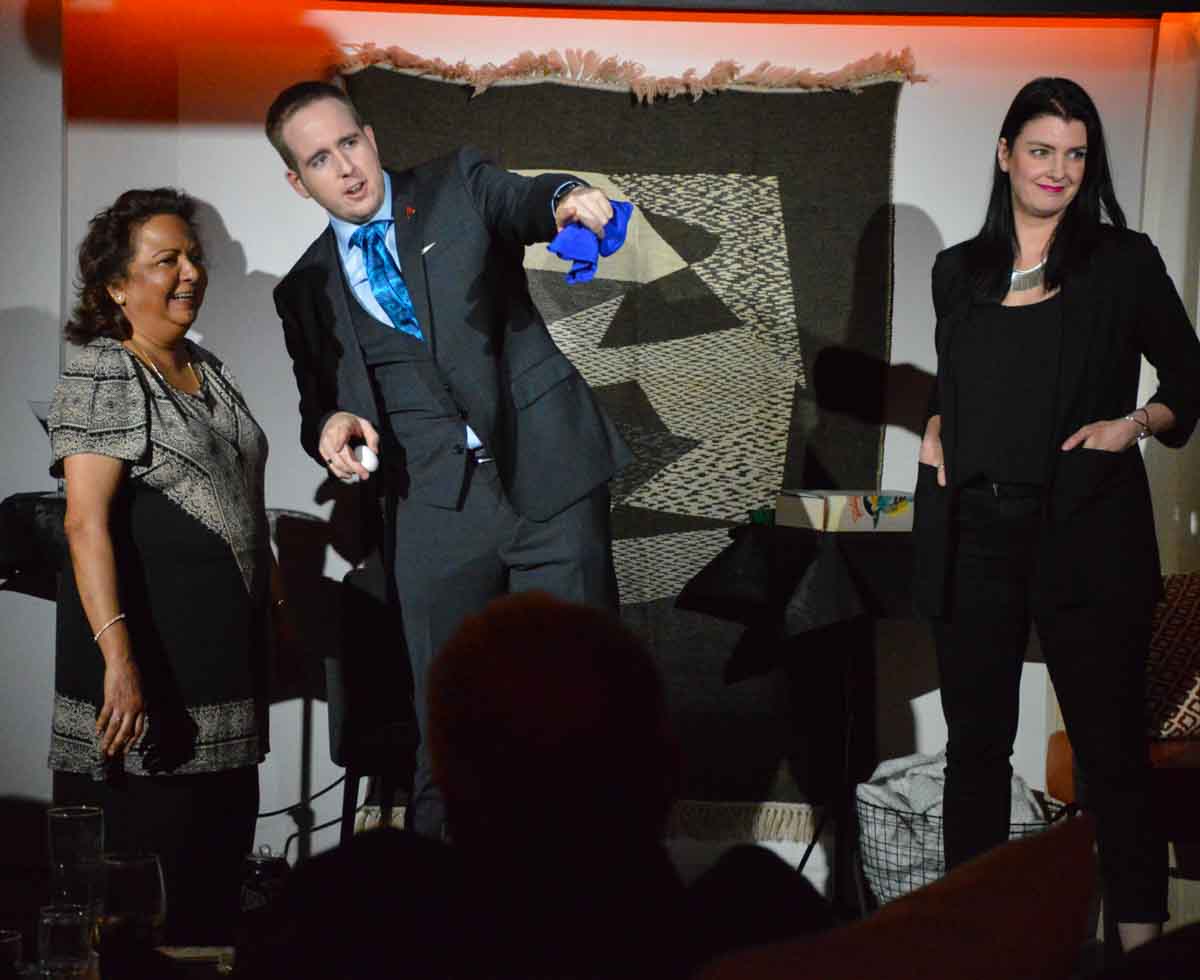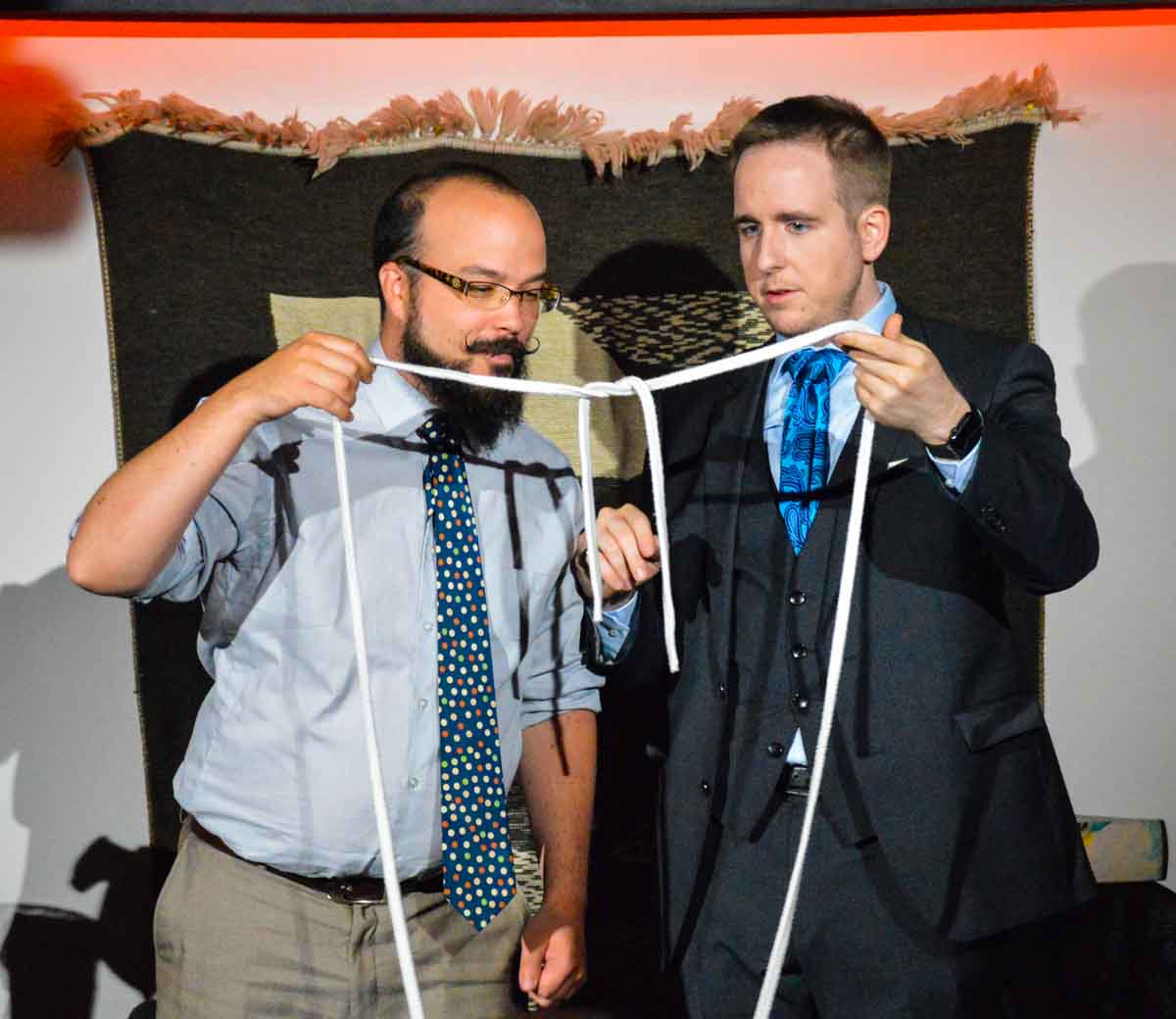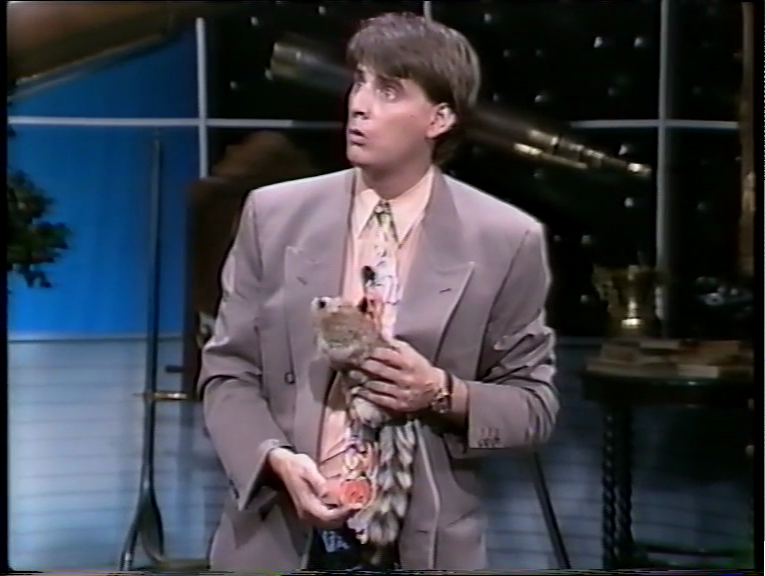As the saying goes:
“Space is big. Really big. You just won’t believe how vastly, hugely, mind-bogglingly big it is. I mean, you may think it’s a long way down the road to the chemist, but that’s just peanuts to space.”
[A note for North American readers, the "chemist" is a pharmacy.]
This clip from BigThink by NASA Scientist Michelle Thaller tries to put that bigness in perspective:
These numbers are hard to imagine. VERY hard to imagine. That's one of the reasons I'm such a strong proponent of math education for everyone of all ages (beyond my own personal bias as a math major shining through.) The only way to learn to cope with these kinds of numbers is through training. Otherwise you'll be caught in the paradigm of JBS Haldane:
“My own suspicion is that the universe is not only queerer than we suppose, but queerer than we can suppose.”
Math becomes the key that allows you to do all that hitherto impossible supposing. Or, if you'd rather think of the world in terms of awe and wonder, it gives you access to entirely different domains in which to be astonished.




